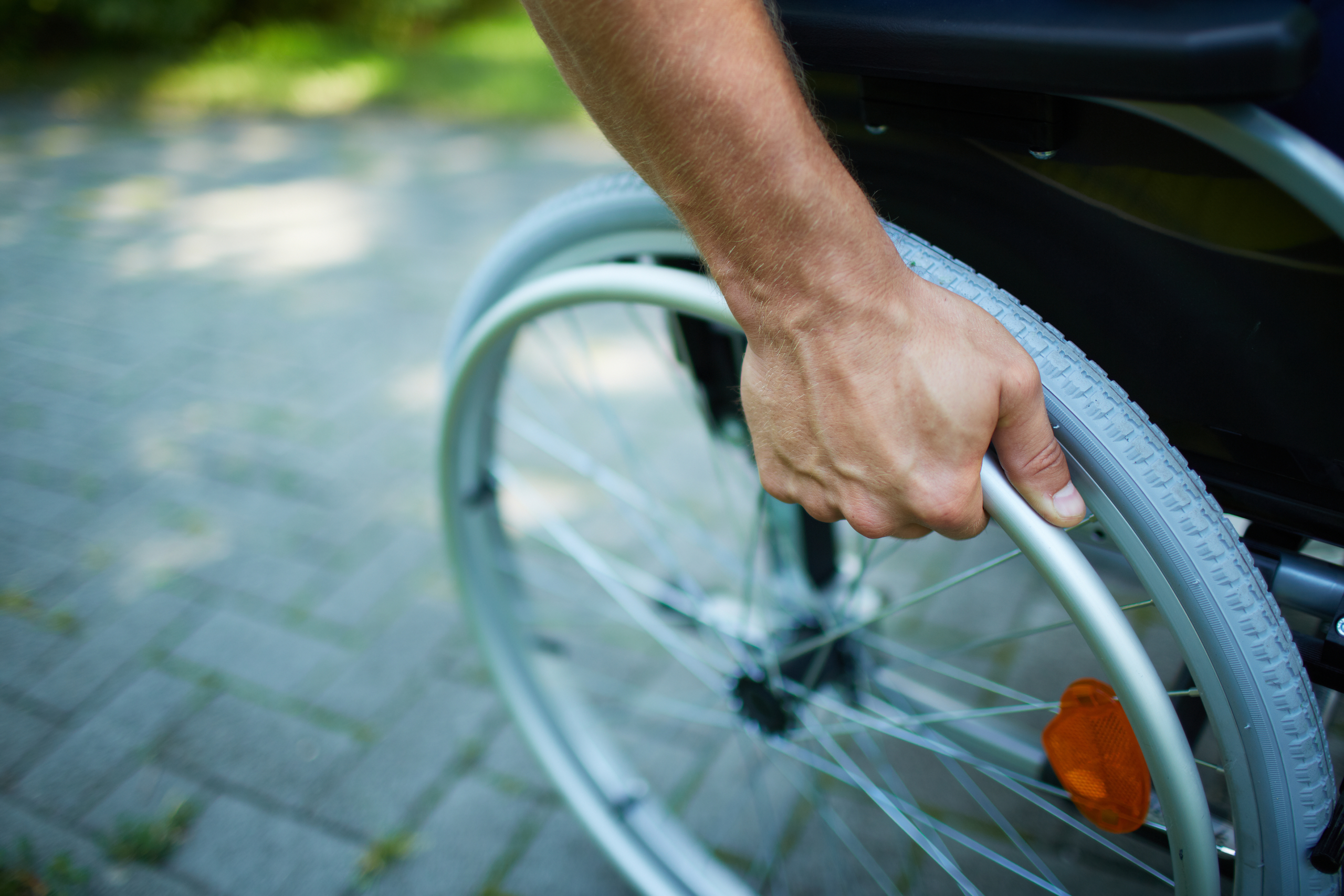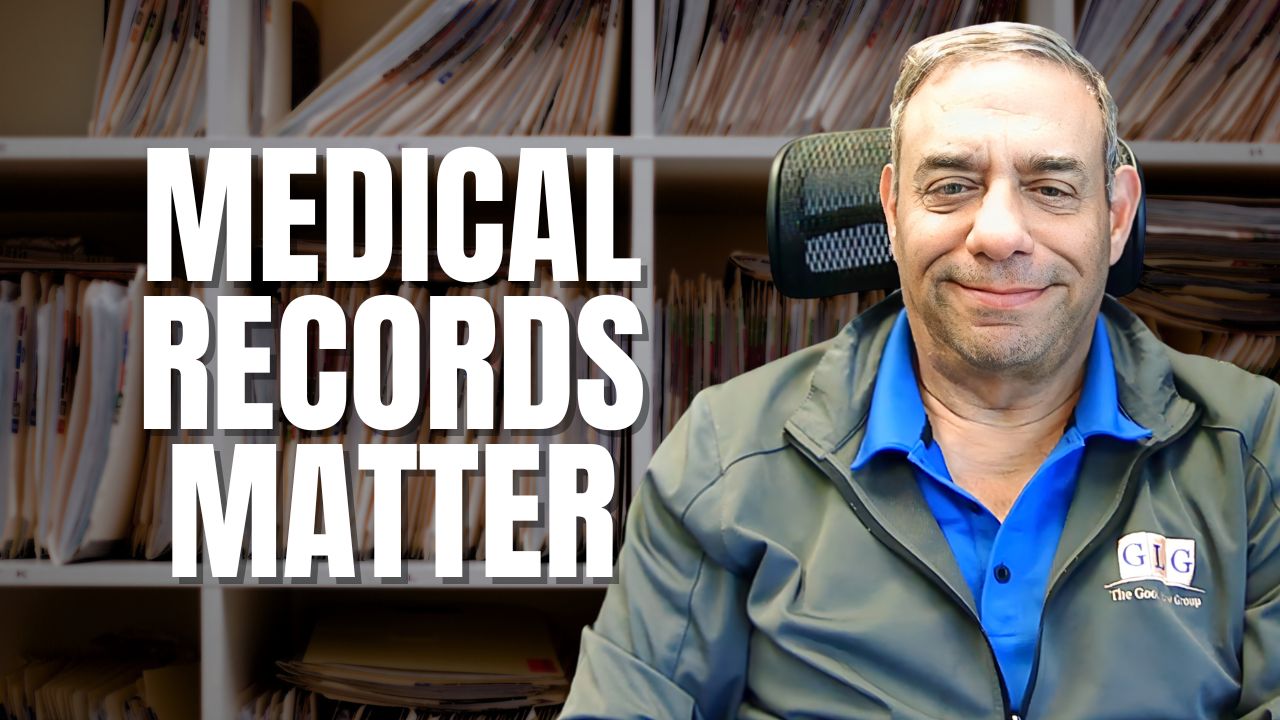Are you or someone you know dealing with a Social Security disability case? Today, we’ll go over the crucial role age plays in determining eligibility. From age categories to the dynamics of retirement and disability benefits, we break down the essentials you need to know. Don’t miss out on valuable insights. For more info on navigating the complexities of your case, watch this short video.

The Social Security Administration (SSA) estimates that 9 million Americans receive social security disability (SSD). For these individuals, monthly disability benefits provide a much-needed source of income when a medical condition or disability leaves them unable to work.
The SSA does not impose age limitations on who may apply for disability. Whether you are 25 or 55, if your medical records support a finding that your disability or medical condition prevents you from engaging in substantial gainful activity (more than $1,260 per month in 2020), you can be found eligible for disability benefits. Disability eligibility requires that the disability or medical condition, or a combination of conditions, have lasted, or be expected to last, at least 12 months or to result in your death.
Nevertheless, your age can sometimes help increase the chance that your disability application will be approved. In most cases, an applicant’s age has little to no effect on the severity of the disability. It can, however, negatively affect the likelihood that an individual can adapt to different work. The older the applicant, the less likely the SSA will find they can adapt to other work, particularly if they have little to no work experience or minimal education.
If the SSA finds that the disability prevents you from participating in substantial gainful activity of any type, your application for disability benefits will be approved.
What are the disability age categories?
If the SSA finds that your disability prevents you from performing your current work, it must then determine whether you can perform any other work. Other available work is considered similar to your past work – and thus work you can perform despite your disability or medical condition – if it utilizes similar tools or work processes, and is in the same type of work setting or industry. In other words, do the skills you have in your current (or past work) easily transfer to another type of job.
To determine whether you can perform other work, the SSA first determines your residual functional capacity, or RFC. Your RFC is the tasks you can perform despite the disability. For example, are there limitations to your ability to walk, stand, lift, or bend. In addition to determining whether your RFC permits you to perform any other work, the SSA also takes into consideration your age, education, and prior work experience.
An applicant’s age alone is insufficient to determine whether they can adapt to other work. The SSA won’t automatically assume, for example, that a 55-year-old applicant is unable to adapt to new work. An applicant’s advancing age is, however, considered a limiting factor in their ability to adjust to new work. This is because as people age, their body naturally begins to deteriorate. This deterioration negatively impacts, among other things, a person’s joints, hand-eye coordination, reflexes, and thinking processes.
When combined with the physical and mental limitations the applicant already experiences due to the disability, the effects of advancing age decrease the likelihood that an individual can adapt to new work.
Social Security classifies individuals into different age groups, each with specific names and criteria. Here are the categories:
- Younger Individuals (Age 18-50)
- Closely Approaching Advanced Age (Age 50-54)
- Advanced Age (Age 55 and Older)
- Approaching Retirement Age (Age 60-67)
Can one receive both retirement and Social Security Disability Benefits simultaneously? Unfortunately, the answer is no. Social Security prohibits double dipping.
As individuals approach retirement age, statistical trends show a higher likelihood of being awarded Social Security Disability Benefits. Several theories support this observation. One prominent factor is the difficulty older individuals face in learning new skills and getting retrained for jobs.
Here’s a scenario to illustrate an essential point: If you are 70 years old and already receiving full retirement benefits, you are not eligible for SSDi Benefits. On the other hand, a 62-year-old, not receiving early retirement benefits, may be eligible for Social Security Disability Benefits. However, you need to meet some crucial conditions.
If you are over 62 but under the full retirement age (typically around 67), you must apply for Social Security Disability Benefits before applying for any early retirement benefits. Applying in the reverse order automatically results in the rejection of your disability benefits application.
Younger disability applicants
For younger (under 50 years old) social security disability applicants, the SSA is unlikely to find that it will be difficult for them to adapt to other work. Most applicants who are younger than age 50 qualify for disability benefits based on a combination of physical and mental disabilities that make it impossible for them to continue working.
Advancing age disability applicants
Applicants closely approaching advancing age (ages 50 to 54 years) are considered to have a moderate ability to adjust to other work, particularly if they have severe medical issues that leave them capable of performing only sedentary work and they have few skills that can be easily transferred to a new job. The SSA considers sedentary work to be work that requires lifting less than 10 pounds at a time and involves no more than 3 hours of walking or standing during an 8-hour workday.
Applicants in this category can also be approved for disability benefits if their RFC shows that they can perform medium work if they have limited education (no high school diploma or GED) and only unskilled work experience (or no work experience at all).
For example, it would be difficult to imagine a 53-year-old who had worked in the construction field his entire life could suddenly learn the computer software necessary to work in an administrative position, particularly if a neurological condition makes it difficult for him to concentrate and retain information, and pain associated with spinal issues prevent him from sitting longer than 30-45 minutes at a time before requiring a break.
Advanced age disability applicants
Applicants in the advanced age category (age 55 or older) are considered to have substantial difficulty adjusting to new work. People who fall into this category are most likely to be approved for disability benefits.
What if I’m close to the age cutoff?
Let’s say you’re 54 years and 10 months old when you apply for disability. When determining what age category applies, will the SSA use the age you were when you submitted your disability application, or will they place you in the higher (and more desirable) age bracket?
Good question. The SSA has a borderline age policy that governs these determinations. According to the policy, if a disability application was denied and the applicant was within a few days or months of the higher age category, on appeal the administrative law judge can consider the application using the higher category. The SSA considers “a few” to be not more than six months.
Keep in mind that the administrative law judge’s power is discretionary – he doesn’t have to consider it in light of the higher age. In addition, no discretion is granted if you received a partially favorable (the judge found that you are disabled, but not as of the date you indicated in your application) or fully favorable decision. The borderline age policy applies only if your disability application was denied outright.
If you find yourself or a loved one in need of assistance with a Social Security disability case, feel free to call or email us. Our team is here to help you navigate the intricacies of the process and ensure the best possible outcome for your situation.
Applying for disability benefits can be complicated, but an experienced SSD lawyer can help you. Consider the Good Law Group for your representation – call (847) 577-4476.









